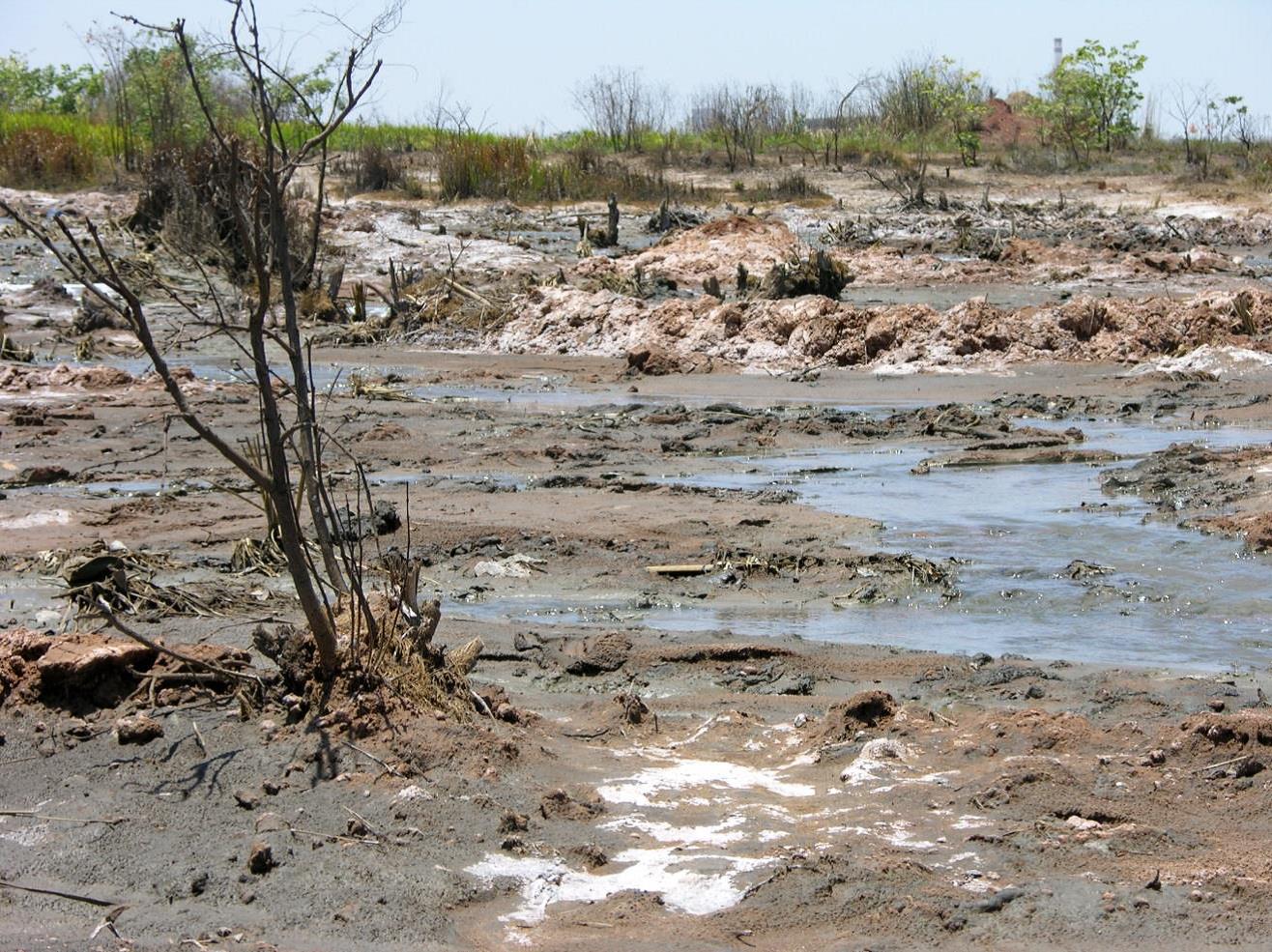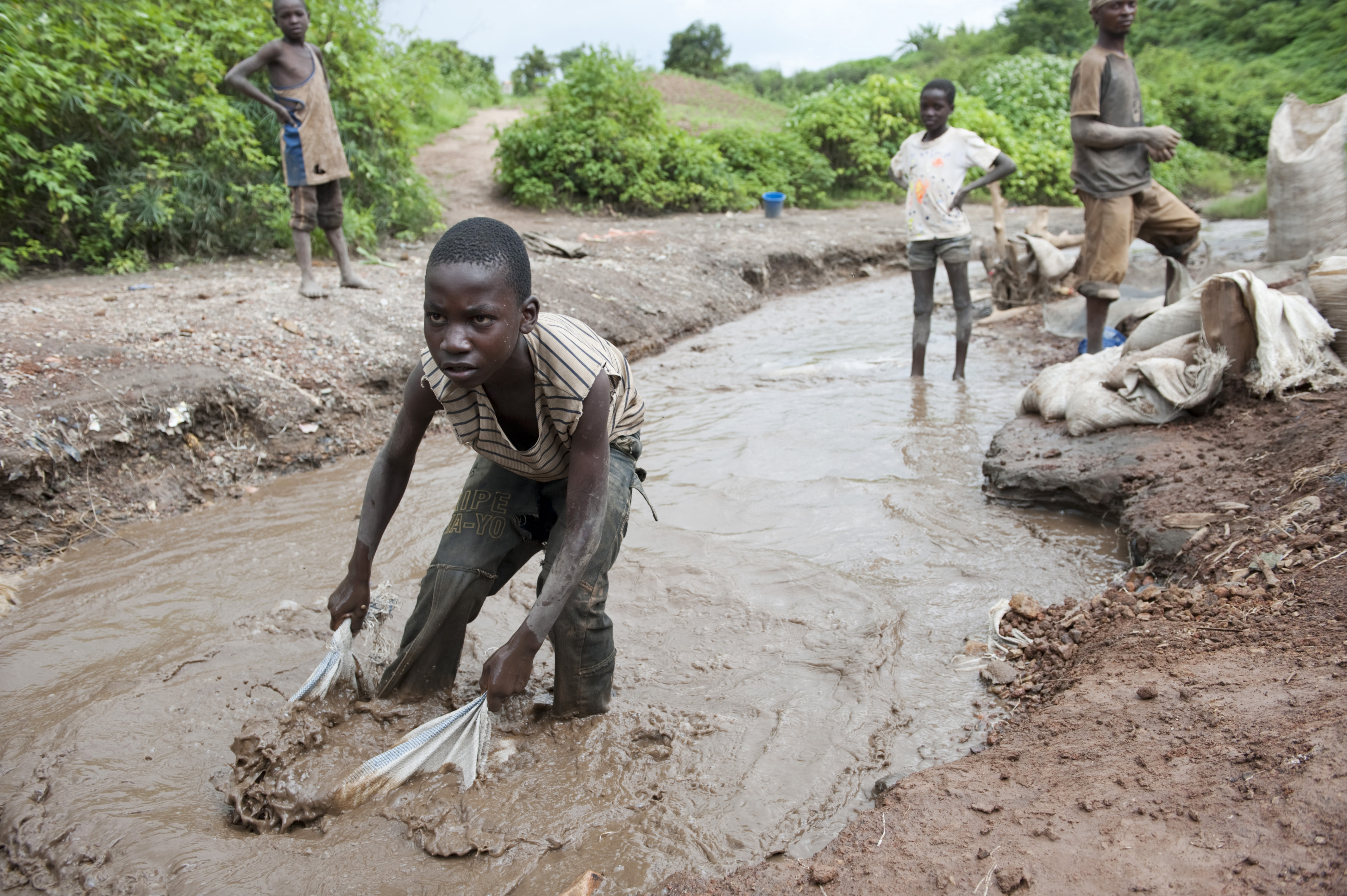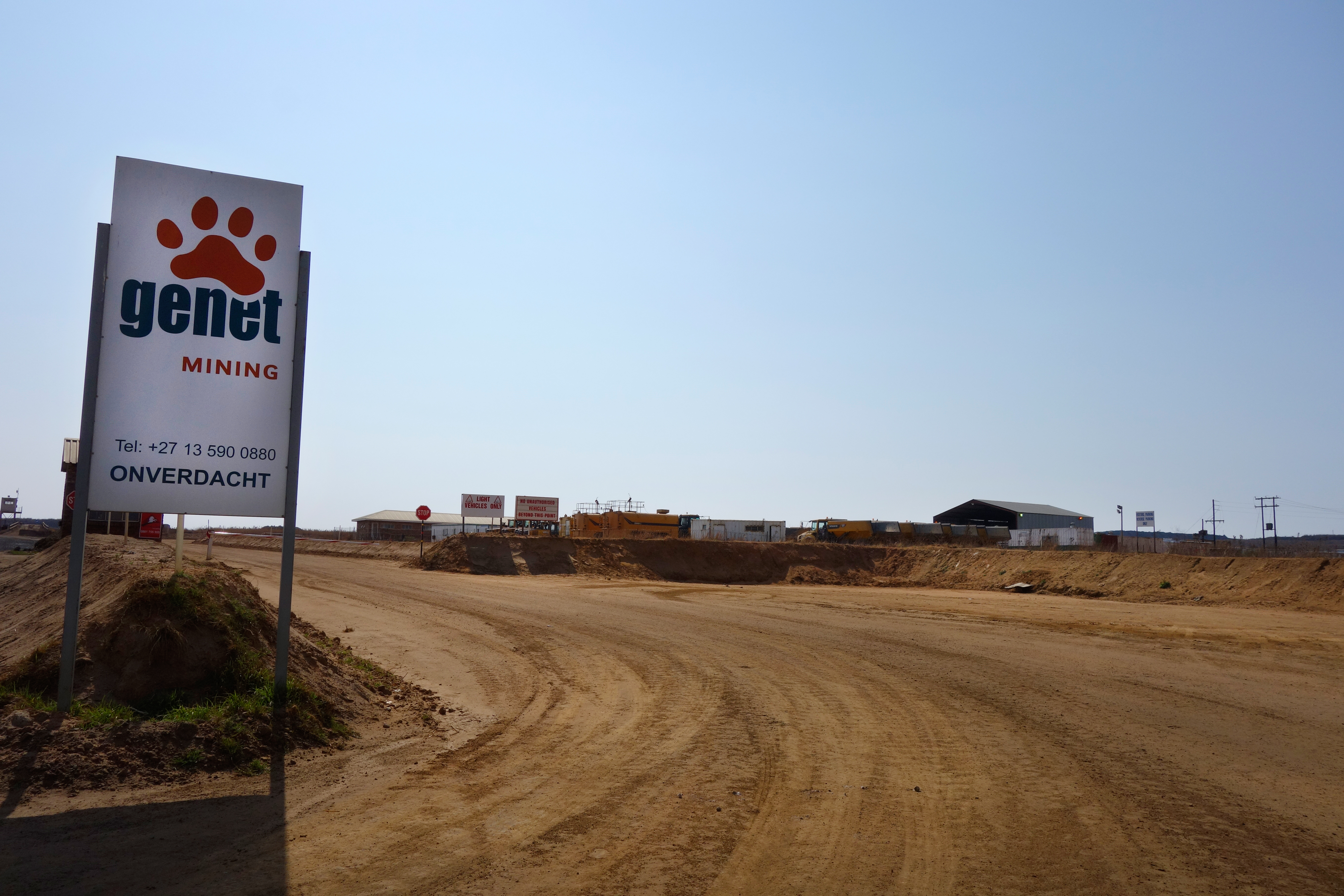NGOs accuse Glencore of human rights violations

Swiss-based commodities giant Glencore “continues to place the maximisation of profits and the minimisation of its tax payments above respect for human rights and the environment”, according to a report by Swiss NGOs and aid agencies.
PR or Progress? Glencore’s Corporate Responsibility in the Democratic Republic of the Congo was published on Tuesday by the Swiss Catholic Lenten Fund and Bread for All in collaboration with the British organisation Rights and Accountability in Development (RAID).
The authors said that since 2012 – and particularly since the merger with Xstrata in May 2013 – Glencore had improved its corporate social responsibility policies: its sustainability report was more detailed; it had adopted a human rights policy in May 2014; it had applied for admission to the Voluntary Principles on Security and Human Rights; and it had joined the International Council on Mining and Metals (ICMM).
However, they added that very little had changed on the ground in the Democratic Republic of Congo (DRC) and Glencore’s environmental, social and human rights performance fell far short of the international standards it subscribes to.
“In a number of areas, Glencore makes do with half-measures and fails to deal with problems in a transparent and effective way,” they wrote.
Glencore is a giant in the raw materials sector and has a presence in more than 50 countries. Last year, the company had a turnover of $239.7 billion (CHF215 billion).
Glencore’s senior managers are also share-holders, which allowed the company’s CEO, Ivan Glasenberg, to receive, in addition to his salary, $182 million in tax-free dividends in 2013, despite the losses resulting from the merger with Xstrata.
Since it was formed in 1992, Glencore has had a controversial history. And the company continues to be hit by scandals, in the Philippines, Colombia, Zambia and the DRC.
Since 2013, Glencore has responded with a charm offensive: the company has organised meetings with the Government, politicians, Swiss NGOs and the general public to try to persuade them of the legitimacy of its business and to criticise the “myths” disseminated about Glencore.
Glencore’s turnover is more than 30 times the DRC’s national budget, a scandalously poor country despite the wealth of its natural resources.
In the DRC, Glencore controls two mining complexes, KCC and Mutanda-Kansuki and buys their entire production. These companies are strategically important: they supply 19% of Glencore’s copper and 82% of its cobalt and enjoyed a 50% increase in production in 2013. Glencore obtains from its DRC operations one fifth of the world’s cobalt production, an essential component in all electronic appliances.
(Source:PR or Progress? Glencore’s Corporate Responsibility in the Democratic Republic of the Congo)
No responsibility
Examples given included the pollution of the River Luilu. The authors said the Kamoto Copper Company (KCC), a Glencore subsidiary, had invested in acid neutralisation systems and pipes to channel some of its effluent to an old quarry (Mupine), but the hydro-metallurgical plant continued to discharge effluent that was highly contaminated with copper and cobalt into the River Luilu.
“Contrary to the information Glencore has given to investors and the media, the problem of pollution of the Luilu River has not been corrected,” according to the report.
Furthermore, Glencore had finally recognised that the installations of Mutanda Mining (MUMI), another Glencore subsidiary, were located within the Basse-Kando Game Reserve.
“But [Glencore] denies any responsibility for this situation and has refused to enter into an open and transparent dialogue with stake-holders, including the Congolese Institute for Nature Conservation (ICCN) and the Ministry of the Environment.”
Tax havens
The authors were also critical of Glencore’s attitude towards security and human rights. Glencore continues to rely on police who all too readily use live ammunition and excessive force to protect the mines.
“Over the past 18 months there have been a number of people killed or seriously injured on or near the KCC concession,” they wrote, adding that these cases are not adequately investigated by the authorities and the victims and families do not receive compensation.
“The practice whereby Glencore’s own security staff carry out the functions of judicial police at KCC and MUMI is open to abuse or the perception of abuse. Glencore appears to have adopted a military-style approach to protect its assets from incursions by artisanal miners, which heightens the risk of human rights violations.”
When it came to taxation, the conclusion was that there had been no significant progress.
“Glencore’s investments in community development and infrastructure projects should not hide the fact that the company ‘optimises’ its tax liability by transferring profits to tax havens,” according to the report.
In the case of KCC alone, this practice had cost the DRC government $150 million (CHF135 million) since 2009.
It was “clear” to the authors that Glencore has not yet made respect for human rights and the environment a priority. These issues remain of marginal importance in the decision-making process of the Zug-based company.
“It continues to place the maximisation of profits and the minimisation of its tax payments above respect for human rights and the environment.”
‘Significant factual errors’
Glencore, which received a copy of the report in advance, has responded with detailed documentation arguing its side of the story. The mining company sent swissinfo.ch a copy of the eight-page letter addressed to the groups that published the report.
In it, Glencore spokesman Charles Watenphul wrote that the report contained “significant factual errors” and “detailed information and key findings which have not been put to us in the course of your discussions with Glencore”. He also pointed out that Glencore had been “refused” access to data “which may be susceptible to challenge”.
The letter asked that the report’s publication be delayed for at least 30 days “to allow for further constructive discussion between us”.
In a second, 13-page document, Glencore responded more specifically to the Bread for All, RAID and Catholic Lenten Fund report. It outlined its corporate activities in relation to points like community investment, water management and taxes and penalties.
This is the third report published by Bread for All and Swiss Catholic Lenten Fund on the activities of Glencore in the Democratic Republic of Congo (DRC), this time in collaboration with the British organisation Rights and Accountability in Development (RAID).
It is based on research carried out over one-and-a-half years assessing the impact of the operations of two subsidiaries, the Kamoto Copper Company (KCC) and Mutanda Mining (MUMI).
Field research was conducted in close cooperation with a Congolese NGO and local observers based in Kolwezi, each of whom produced a monthly report.
Two international research missions took place in October 2013 and March 2014. The information published in the report is based on a study of the documentation, field investigations and interviews with over 200 people including representatives of the Congolese national and provincial administrations, NGOs and customary chiefs and residents of the towns and villages located close to the Glencore mines.
Throughout the investigation, RAID, Bread for All and the Swiss Catholic Lenten Fund remained in regular contact with Glencore. A research team visited Glencore mines and installations in the DRC between October 7-11, 2013. The researchers conducted interviews with selected senior managers at KCC and MUMI on the issues of the environment, human rights and taxation.

In compliance with the JTI standards
More: SWI swissinfo.ch certified by the Journalism Trust Initiative


You can find an overview of ongoing debates with our journalists here. Please join us!
If you want to start a conversation about a topic raised in this article or want to report factual errors, email us at english@swissinfo.ch.